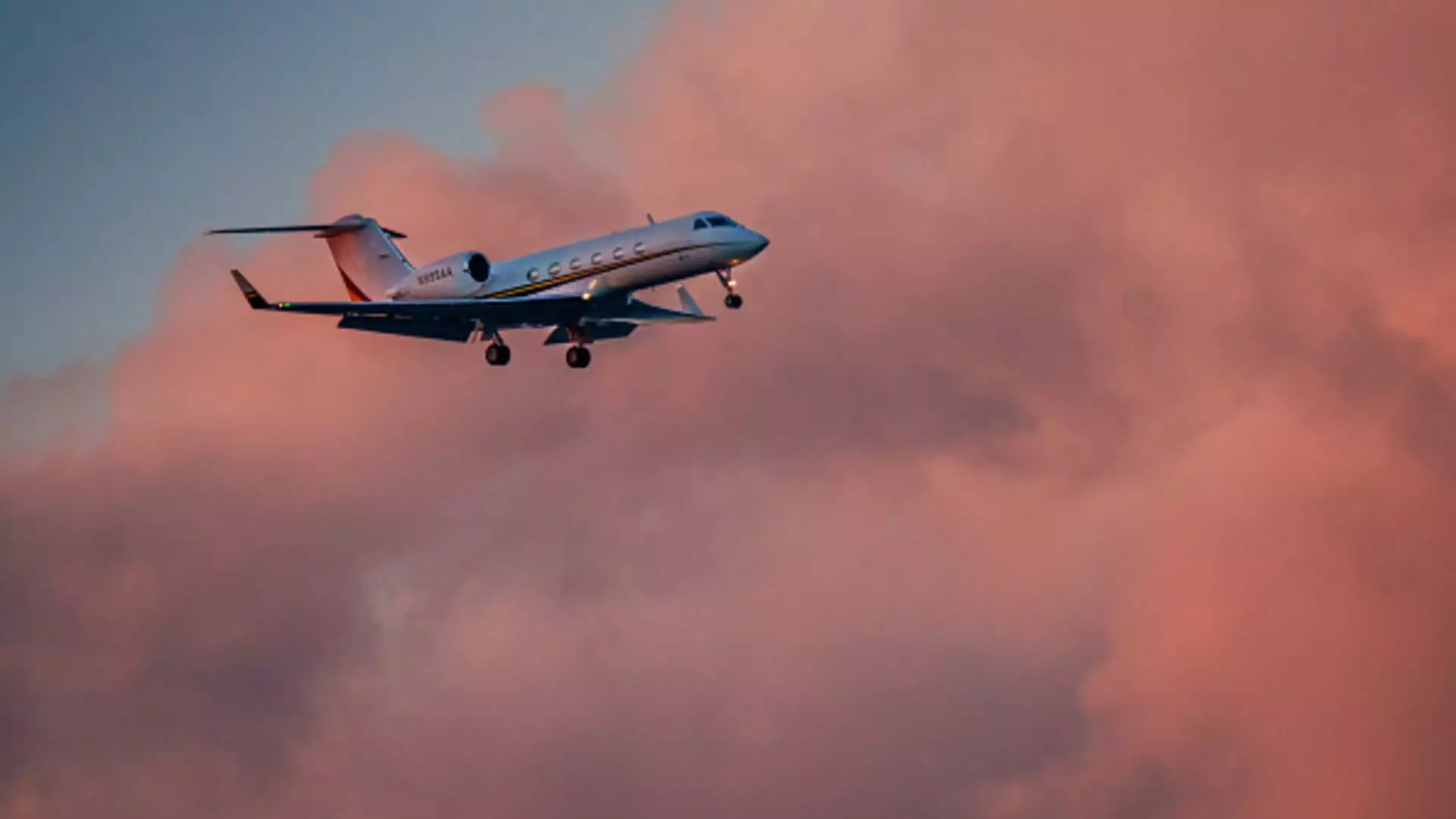The private jet industry has seen a significant decline in the first half of the year, with private jet flights dropping by 15% compared to their peak in 2022. Despite a brief uptick during the Summer Olympics, where a record 713 private jet flights were recorded to Paris in the last week of July, the overall trend has been one of decreasing demand and a changing competitive landscape in the high-end travel sector.
Even ultra-wealthy travelers are exhibiting signs of spending fatigue when it comes to private jet travel. While there was initial excitement during the peak of the industry, with many predicting that first-time private jet flyers would never go back to commercial airlines, the reality has been quite different. Many of these new flyers have indeed gone back to commercial travel, indicating a shift in consumer preferences and behavior.
The private jet industry has experienced a boom in the post-Covid era, with a surge in new jet card members, charter fliers, and startups. This led to a period of euphoria in the industry, marked by a frenzy of IPOs and new companies entering the market. However, this expansion has also set the stage for a potential shakeout, as companies like Wheels Up, which went public in 2021, have struggled to turn a profit and faced significant declines in stock value.
Challenges and Setbacks
Several private jet operators, including Jet It and VistaJet, have faced challenges and setbacks in recent years. Some companies have been forced to shut down their operations, while others have come under scrutiny for their debt loads. Smaller charter operators are particularly vulnerable, as fleets sit idle and demand continues to fall. The industry is facing tough decisions as it navigates through a period of uncertainty and change.
The recent challenges and fleeting success in private aviation can be traced back to the Covid-19 pandemic. In 2020, private jets offered a safe and reliable way to travel when airports and airlines shut down. The influx of liquidity from government spending, stimulus packages, and a booming stock market also contributed to a surge in demand for private jet travel. However, as the pandemic waned and prices continued to rise, some wealthy fliers began to reevaluate their travel choices and opt for commercial flights instead.
With prices for private jet flights increasing by 20% compared to 2019, many consumers are hitting a spending threshold and opting for commercial travel instead. The industry has seen a shift in consumer behavior, with more fliers choosing to mix commercial and private flights depending on their destination. As a result, prices for private jet flights have softened, and the number of used business jets for sale has increased.
Despite the challenges facing the private jet industry, some industry executives see the current slowdown as a positive development. The industry is returning to a more balanced equilibrium, with profitable routes, available planes, and satisfied customers. Companies like NetJets, owned by Berkshire Hathaway, have seen an increase in fractional ownership as consumers seek greater reliability and quality in their travel experiences.
The private jet industry is facing a period of uncertainty and change as it navigates through declining demand, changing consumer preferences, and increased competition. Companies in the sector will need to adapt to the new reality of the post-Covid world and find innovative ways to attract and retain customers in an ever-evolving market.

